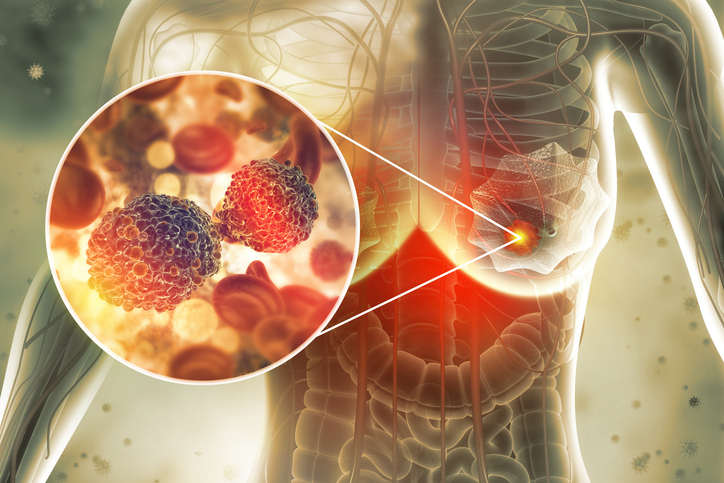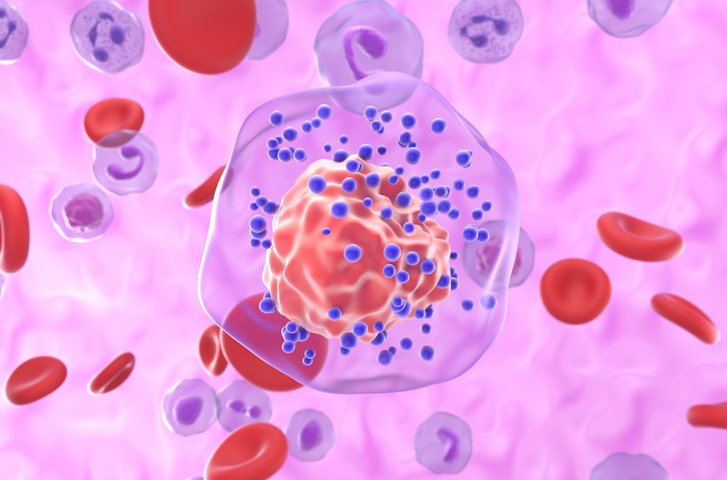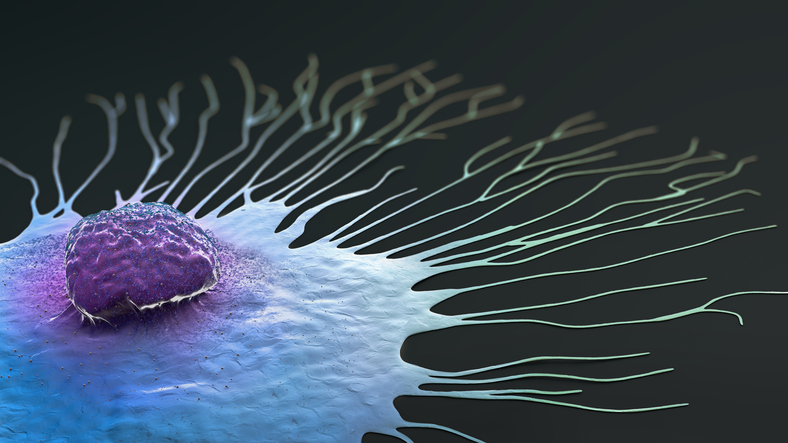
Soft tumor environments can fuel a more aggressive spread of triple-negative breast cancer (TNBC) by priming TNBC cells to better survive the spread to other organs, according to a recent study published in Advanced Science.
TNBCs are highly aggressive and difficult to treat as they lack 3 key receptors—for estrogen, progesterone, and the HER2 protein—that can be targeted in other breast cancers.
In this study, researchers used biomaterials that mimic the properties of tumors to assess how TNBC cells respond to the physical stiffness of their environment. The analysis showed that cancer cells were primed to be more resilient when grown in soft environments. When injected into mouse models, they were observed to be up to 11.8 times more likely to spread to new sites compared with those from rigid tumor environments.
“Our research suggests TNBC cells in soft tissue environments are ‘primed’ to better survive the spread to other organs and that they switch on an alternative form of metabolism to do so,” said Thomas Cox, head of the Matrix and Metastasis Lab at Garvan and senior author of the study, via a press release. “This suggests that TNBC cells spreading from softer tumors are more aggressive, and drugs that target cancer cell metabolism may benefit patients with metastatic TNBC treatment.”







 © 2025 Mashup Media, LLC, a Formedics Property. All Rights Reserved.
© 2025 Mashup Media, LLC, a Formedics Property. All Rights Reserved.